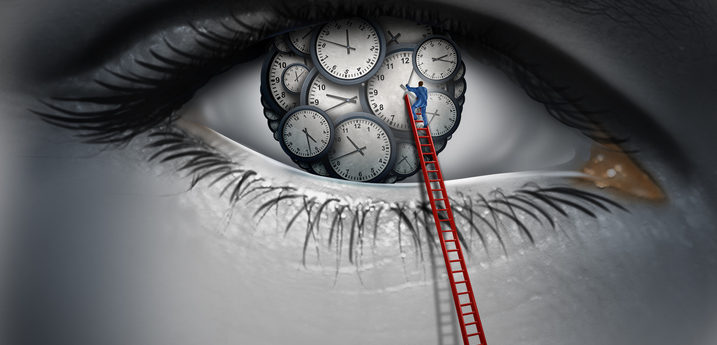A large new study has confirmed that if the body’s internal clock is disrupted, it increases the risk of developing depression and mood disorders.
The University of Glasgow conducted a study that analyzed circadian rhythms. These rhythms are like little ticks that control the body’s temperature, sleep patterns, hormones and immune systems. The study included 90,000 people and measured their daily rest-activity rhythms, known as relative amplitude.
Study participants that had a lower relative amplitude were at a significantly greater risk of developing mental health issues. Among them, using their Smartphones late at night or waking up early, causing poor sleep habits.
The study also notes that it’s not what people do at night, but also what they do during the day.
Getting out in the morning, getting refresh air and even exercising can all contribute to better sleeping patterns. Because circadian rhythms occur every 24 hours, the sleep-wake cycle has a significant impact on the daily patterns and the body’s hormone release.
Additionally, while people that don’t sleep well have higher rates of depression and bipolar disorder, they also share low rates of happiness and overall health satisfaction.
Professor Smith, the senior author of this study as well as a professor of psychiatry, noted: “This is an important study demonstrating a robust association between disrupted circadian rhythmicity and mood disorders.”
For people wishing to decrease their exposure to harmful blue light, which is emitted from electronic devices and can impact the body’s natural circadian rhythm, opt for blue light blocking glasses, such as BluTech Lenses.
Find BluTech Near You





